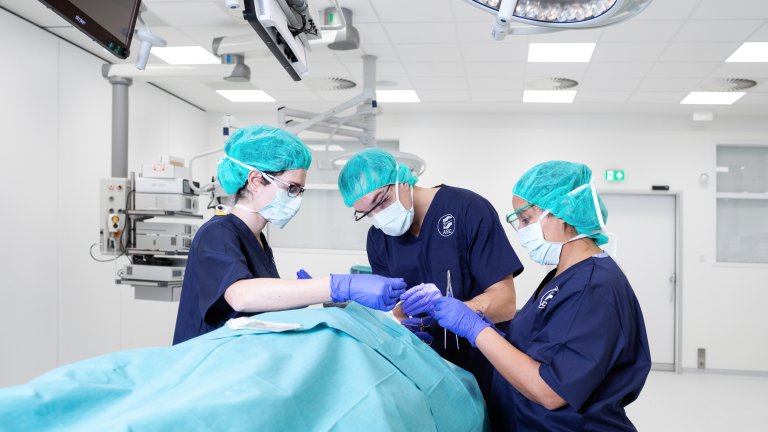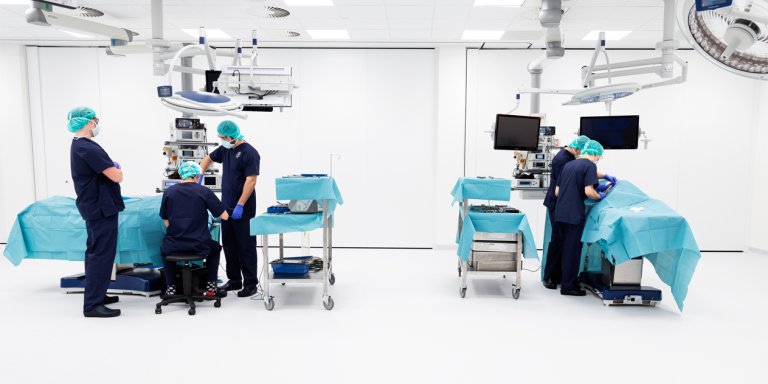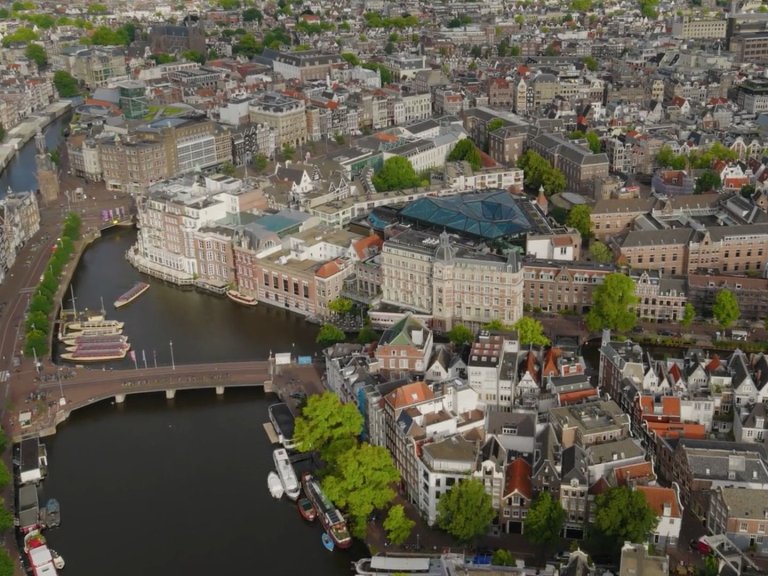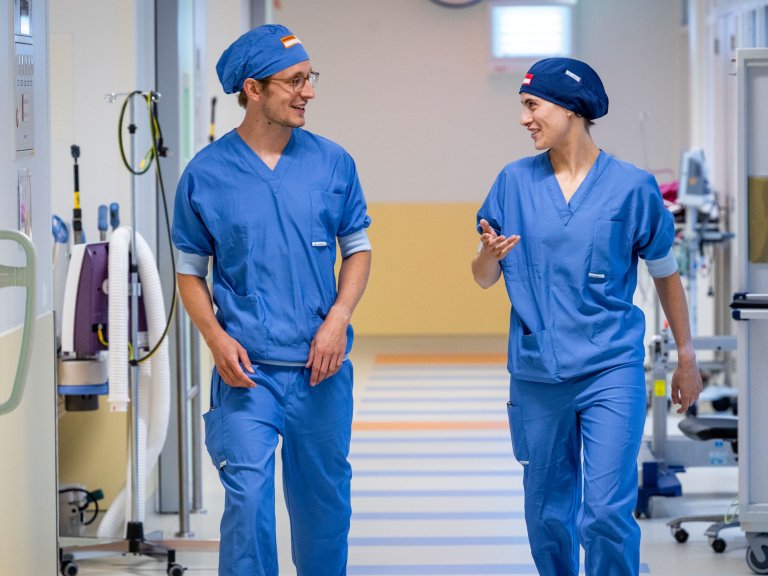Lees hier de Nederlandse vertaling
Surgeons and other medical specialists learn and train throughout their lives. Part of their training and ongoing learning process currently takes place during their regular work – on the job. This is very time consuming as only one patient can be scheduled at a time and, surgeons need to practice multiple times to reach proficiency. The ASC offers courses that enables surgeons to be trained efficiently – off the job. The ASC provides the opportunity to learn with learning material, virtual environments and human specimens. Because surgical skills can be practiced more regularly and more efficiently, the required skills are learned in a shorter period of time. This approach not only shortens the training time of surgeons but also improves patient safety.
Prof.dr. Jaap Bonjer, Professor of Surgery at Amsterdam UMC and CEO of the ASC: "Our work has changed radically over the years, for example the increase in keyhole surgeries and cardiac catheterizations. These days, Hybrid ORs look a lot like space stations. Learning smarter and faster helps reduce training time and health care costs. For this, healthcare professionals have to switch from training on the job to training off the job. That requires a major changeover. At the ASC, we are taking a big step towards this. "
In the future, the ASC wants to set up courses for low- and middle-income countries, where access to adequate medical education is still minimal. Worldwide, 5 billion people have no access to basic surgical healthcare, according to the WHO. Every minute more than 250 necessary operations are not performed due to a lack of surgeons and anaesthesiologists. The ASC aims to create an affordable and mobile learning environment that can be implemented anywhere in the world. All organizations that want to contribute to this mission are welcome to join the ASC initiative.

photography: Marieke de Lorijn/Marsprine
With the opening of the ASC, Amsterdam UMC aims to contribute to the development of the Amsterdam Life Science District (ALSD). It supports the ambitions of the municipality of Amsterdam. More and more medical companies and organizations, such as the European EMA and a branch of the American FDA, have settled in the capital. Along with these, other medical technology companies will also want to establish themselves on or around the ALSD-terrain. This results in the continuous growth of Amsterdam into an international centre for Life Sciences.
The establishment of the ASC is one of the first major initiatives of the recently merged Amsterdam UMC. It has teamed up with Stryker, a global medical technology company, to set up the facility. Stryker has invested in the building of the centre and supplied the equipment for the training sessions. According to Stuart Silk, President of Stryker Europe, the company sees the ASC as an example of a unique partnership between science healthcare and business. "The ASC’s approach of training ‘off the job’ seamlessly fits in with Stryker's mission to make healthcare better. We collaborate with healthcare professionals on the development of medical technology and training to deliver positive patient outcomes, which is why our company is committed to this unique project.”




